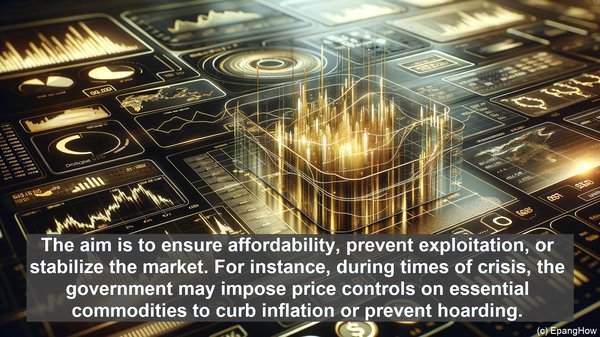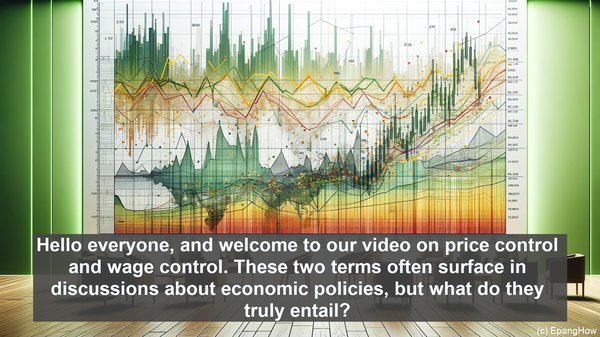Introduction: Setting the Stage
Hello everyone, and welcome to our article on price control and wage control. These two terms often surface in discussions about economic policies, but what do they truly entail? Today, we’ll explore their nuances, highlighting how they diverge and the implications they hold. So, let’s dive in!

Defining Price Control: A Closer Look
Price control, as the name suggests, refers to the regulation of prices in the market. It involves the government setting a maximum or minimum price for a particular good or service. The aim is to ensure affordability, prevent exploitation, or stabilize the market. For instance, during times of crisis, the government may impose price controls on essential commodities to curb inflation or prevent hoarding.
Unpacking Wage Control: A Different Realm
On the other hand, wage control deals with the regulation of wages, primarily in the labor market. It entails the government or relevant authorities determining the minimum or maximum wage that employers can offer. The objective here is to safeguard workers’ rights, prevent exploitation, and maintain a certain standard of living. Wage control often comes into play when there’s a need to address income inequality or ensure fair compensation.
Distinguishing Factors: Price Control vs. Wage Control
While both price control and wage control involve government intervention, they differ in several key aspects. Firstly, their domains vary. Price control operates in the realm of goods and services, affecting both producers and consumers. In contrast, wage control centers around the labor market, directly impacting employers and employees. Secondly, the motivations behind these controls differ. Price control aims to influence market dynamics, addressing issues like inflation or market monopolies. Wage control, on the other hand, focuses on social welfare, striving for fair compensation and reducing income disparities.

Implications and Controversies: The Ripple Effects
Both price control and wage control have their share of implications and controversies. When it comes to price control, while it may ensure affordability for consumers, it can also lead to shortages, reduced quality, or a lack of innovation. On the other hand, wage control, while beneficial for workers, can potentially deter job creation, especially for small businesses. Striking the right balance is crucial, as excessive control in either domain can have unintended consequences.
